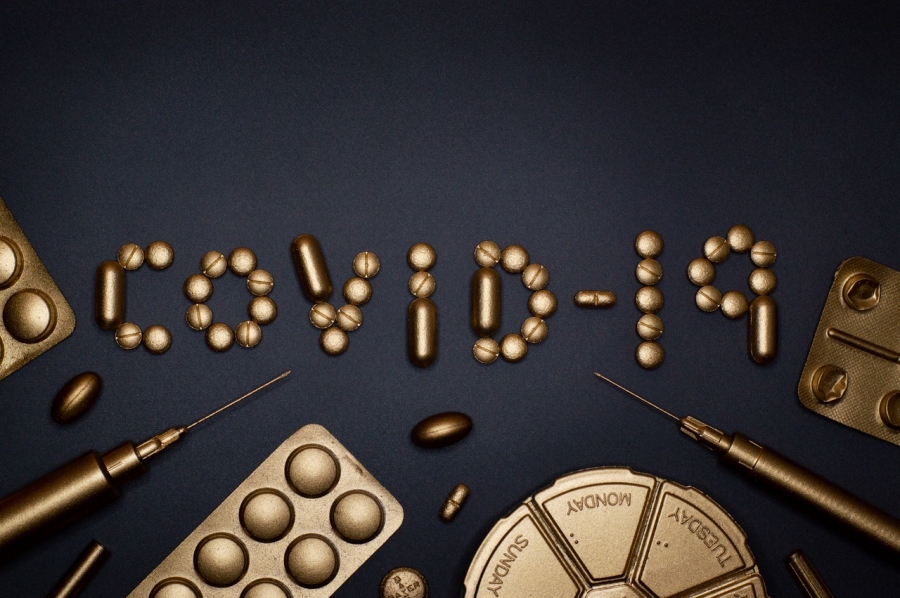As the race to come up with immunization against COVID-19 wraths on, a few specialists are centered around a transient method to treat individuals with the ailment: monoclonal antibodies. As opposed to trusting that immunizations will urge the body to make its own antibodies, these researchers need to inject designer renditions of these molecules to cripple the SARS-CoV-2 coronavirus legitimately. In any case, mass-created antibodies, routinely used to treat illnesses, such as cancer, are mind-boggling to make and accompany a hefty cost. These dangers are putting them beyond the grasp of poor nations.
That warning originates from a report provided on 10 August by two driving public health charity: the International AIDS Vaccine Initiative (IAVI), a non-profit research organization in New York City, and Wellcome, a research funder in London. It calls for boosting the worldwide accessibility of therapeutic antibodies against COVID-19 and different infections by creating regulatory pathways, plans of action, and innovations to bring down the expense of the costly medication.
On the off chance that a coronavirus immunization shows up, can the world make enough?
It is a difficult task. Yet, COVID-19 truly powers the issue in a significant manner. The pandemic requests that this issue must be addressed and that this challenge must be sorted out.
The Science Behind
An immunization against COVID-19 is presumably still months away, and it will be a long time after that before numerous individuals can get it. After it’s all said and done, a few people, including more aged individuals, probably won’t react emphatically to vaccination, and others may deny it through and through.
Those variables make it critical to create treatments against COVID-19. Doctors, despite everything, don’t have numerous approaches to treat the infection. The antiviral remdesivir has been appeared to abbreviate stays in the hospital for certain patients, yet it is costly and taut in supply. Furthermore, a steroid called dexamethasone, which is modest and broadly accessible, has been appeared to profit just individuals with extreme diseases.
So researchers are progressively concentrating on monoclonal-antibody drugs with the expectation that they will tackle the immune system’s characteristic response to viral intruders, says
“The science around this has been detonating,” he says. “It’s convincing.”
China’s coronavirus antibodies are jumping ahead – yet face difficulties as infection melts away
In this methodology, scientists separate antibodies from recuperating patients and distinguish those that best ‘kill’ the virus by binding to it and shielding it from replicating. They, at that point, produce these antibodies in mass in the research facility. On the off chance that the treatment is seen as successful, organizations will scale up creation, utilizing cells developed in giant bioreactors.
This varies from convalescent plasma’ medicines, made out of a complex blend of antibodies, and molecules are taken legitimately from the blood of individuals recuperating from COVID-19 and used to treat different patients. The impacts of both of these methodologies are momentary: neither sort of treatment will deliver a dependable invincible response.
The Global Crises & Disparity
In spite of the fact that these antibodies target a similar infection, each collaborates with SARS-CoV-2 in an unexpected way: some will tie more unequivocally to the virus than others. For instance, it will target sites on its surface that shut the infection down more effectively.
On the off chance that all obstacles are cleared, and the antibodies prove to be effective, it will be a matter of producing enough and dispersing them to a world in an emergency. Similarly, as with other new treatments and clinical advances, the access gap won’t merely be among rich and underdeveloped nations. There are deprived populaces in rich countries and well-off populaces in poverty-stricken nations. This is a worldwide issue, something at the end of the rainbow. Yet, the therapeutic antibody does serve as a silver lining for vulnerable COVID-19 patients.
The Struggles Goes On
Nobody has yet finished a vast, randomized investigation of an antibody treatment against COVID-19. However, results from such preliminaries are expected in the coming months.
If you are an aspiring researcher seeking to land a perfect research opportunity, then The Boster Bio Scholarship for Young Students can be your holy grail. It offers a grant of $1,000 to those enthusiastic about pursuing biotechnology. The Boster Bio Scholarships for Young Scientists of Excellence provides scholarships to graduating high school or college students to aid their scientific research in college.
Founded in 1993, Boster Bio is an antibody manufacturer that specializes in high-sensitivity, high-specificity, ELISA kits, and WB/IHC compatible antibodies. With 27+ years of expertise, Boster Bio is committed to producing high-quality antibodies and ELISA kits at the best value for researchers worldwide. Boster currently offers 20,000 antibodies and 2,000 ELISA kits delivered via a global distributor network, which extends beyond 30+ countries and provides rigorously validated antibodies, ready-to-use kits, and reagents that have received over 20,000 citations. Distinguished as the fastest-growing antibody company in the world by CiteAb.com in 2016, Boster has assisted many researchers to embark on their research journey smoothly.
